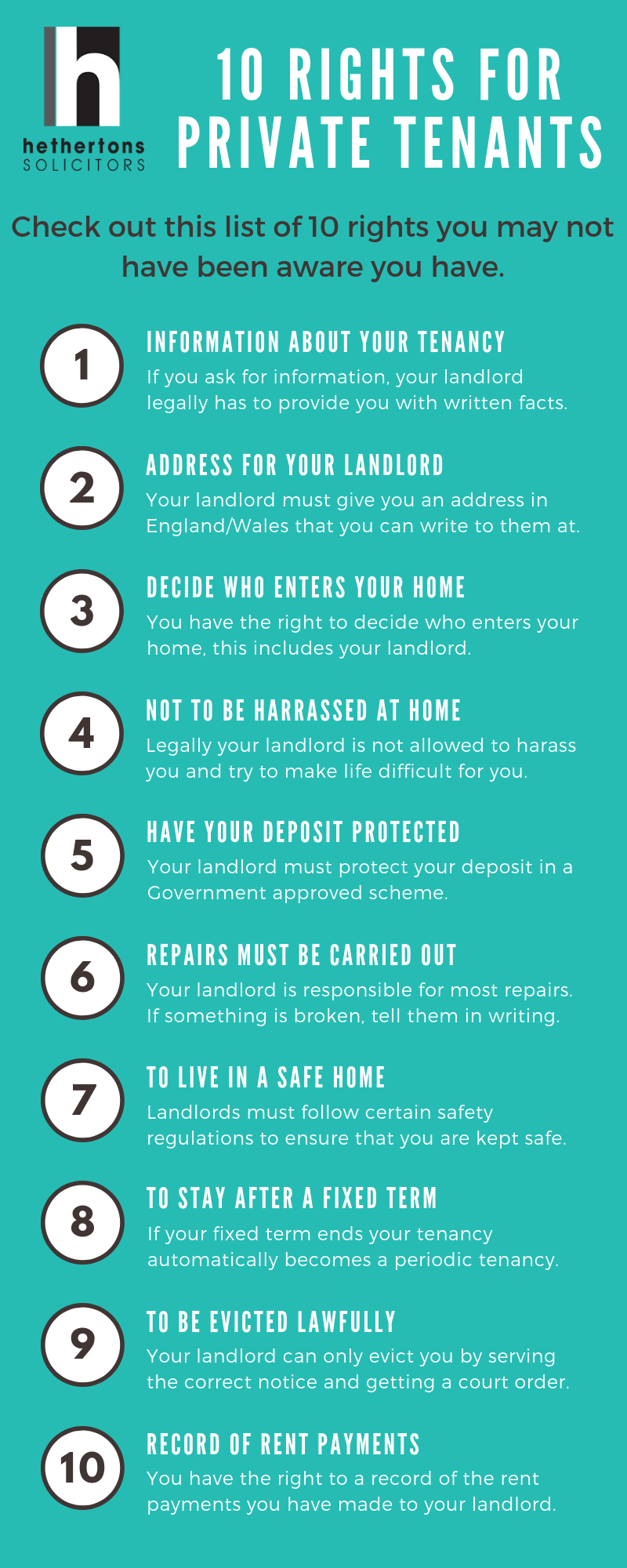
Balancing Act: Understanding Tenant Privacy Rights

Balancing Act: Understanding Tenant Privacy Rights
Tenant privacy is a fundamental aspect of the landlord-tenant relationship, governed by legal principles designed to safeguard tenants’ rights. This article explores the importance of tenant privacy rights, the legal framework that protects them, and the responsibilities of both landlords and tenants in maintaining this delicate balance.
Foundations of Tenant Privacy Rights
Tenant privacy rights are rooted in the right to quiet enjoyment, a legal concept that guarantees tenants the right to use and enjoy their rented property without interference. This right encompasses not only freedom from unnecessary disturbances but also protection against unwarranted intrusions into personal space.
Landlord Responsibilities and Legal Limitations
Landlords have a duty to respect tenant privacy rights. This includes providing notice before entering the rented premises, typically for repairs or inspections. However, this right is not absolute, and landlords may enter without notice in emergency situations or when there is mutual agreement between both parties.
Notice Requirements for Entry
To maintain a balance between landlord access and tenant privacy, notice requirements are established. Landlords are generally required to provide advance notice before entering a rental property, typically 24 to 48 hours. This notice allows tenants to prepare for the entry and ensures that their privacy is not unduly disrupted.
Handling Repairs and Maintenance
One common scenario where landlord entry occurs is for repairs and maintenance. While landlords have the right to address property issues, they must do so in a way that respects tenant privacy. Providing timely notice and coordinating with tenants to find mutually agreeable times for entry helps strike this balance.
Security Measures and Surveillance
Balancing tenant privacy also involves addressing security measures and surveillance. While landlords have a legitimate interest in ensuring the safety of their property, tenants have a right to live without constant surveillance. Any security measures, such as cameras or access control systems, must be reasonable and respect tenant privacy.
Tenant Responsibilities for Privacy
Tenants also play a role in maintaining their own privacy. Properly securing the property, not causing unnecessary disturbances, and promptly reporting maintenance issues can contribute to a positive landlord-tenant relationship. It’s crucial for tenants to understand their responsibilities in upholding the right to quiet enjoyment.
Legal Protections Against Unlawful Intrusions
Legal protections are in place to guard against unlawful intrusions into tenant privacy. If a landlord violates notice requirements, enters the property without a valid reason, or engages in harassment, tenants have legal recourse. Understanding these protections empowers tenants to assert their rights.
Handling Tenant Information and Data
Tenant privacy extends beyond physical space to include personal information and data. Landlords must handle tenant information responsibly, keeping it confidential and secure. This includes sensitive information such as social security numbers, financial details, and other personal data provided during the leasing process.
Educational Resources for Tenants and Landlords
Educational resources play a crucial role in fostering awareness of tenant privacy rights. Websites like Walenshipnigltd.com offer valuable information, guides, and resources for both tenants and landlords. Accessing these materials empowers individuals to understand their rights and responsibilities.
Seeking Legal Advice for Complex Situations
In some cases, tenant privacy issues may become complex and require legal advice. Tenants and landlords facing intricate situations or disputes can benefit from seeking legal counsel specializing in landlord-tenant law. Legal professionals can provide guidance tailored to specific circumstances.
Conclusion: Striking a Balance
In conclusion, understanding and respecting tenant privacy rights are essential components of a healthy landlord-tenant relationship. Striking a balance between the legitimate interests of landlords and the privacy expectations of tenants ensures a harmonious living arrangement. To delve deeper into tenant privacy rights, visit Walenshipnigltd.com.



